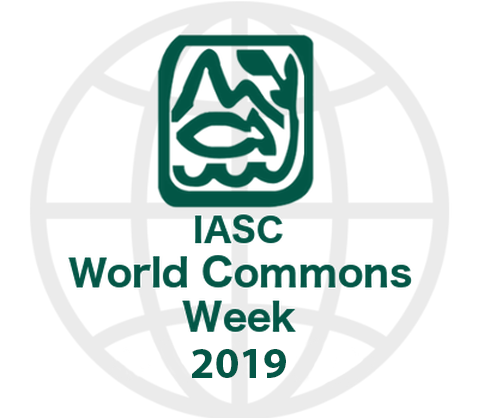The IAD family of tools: taking stock and challenges ahead
In 1982, Larry Kiser and Elinor Ostrom published “The Three Worlds of Action: A Metatheoretical Synthesis of Institutional Approaches”, which presented what is now known as the Institutional Analysis and Development (IAD) Framework. This initial rendition included the decision situation, later renamed the action situation, the rule typology, and the levels of action – operational, collective choice, and constitutional choice. While the major features of the framework remain unchanged, they have been further developed and extended. For instance, the rule typology was complemented by the grammar of institutions (Crawford and Ostrom 1995), and McGinnis (2010) developed the idea of networks of adjacent action situations. A major offshoot of the IAD framework was developed by Ostrom (2007, 2008) the Social-Ecological Systems framework, which built off the IAD framework, presented a diagnostic and prescriptive tool for scholars studying coupled natural-human systems.
Also, the IAD tools has been increasingly used to study new environmental problems and contexts. The IAD has constituted the basis of much of the community-based natural resource management theory that developed since the 1980s to explain sustainable irrigation, forest exploitation and fishing activities. More recently, the IAD has also been applied to study the water-energy nexus, traditional ecological knowledge, urban commons, payment for ecosystem services, shale-gas extraction, climate change adaptation and others.
This key note will take stock of old and new applications of the IAD tools with a few questions in mind: to which extent have scholars adapted the IAD to the methodological needs of new contexts and questions? Which opportunities and challenges are emerging for each of the tools and for the IAD ensemble as a whole? Do the epistemological choices of the past still hold?
About the Speaker

Sergio Villamayor-Tomas is currently Ramon y Cajal Research Fellow at the Institute of Environmental Science and Technology (ICTA-UAB), at the Autonomous University of Barcelona. He is also affiliated with the Ostrom´s Workshop (Indiana University) and the Berlin Workshop in Institutional Analysis of Socio-Ecological Systems (WINS).
Website:
https://portalrecerca.uab.cat/en/persons/sergio-villamayor-tomas-6/projects/
